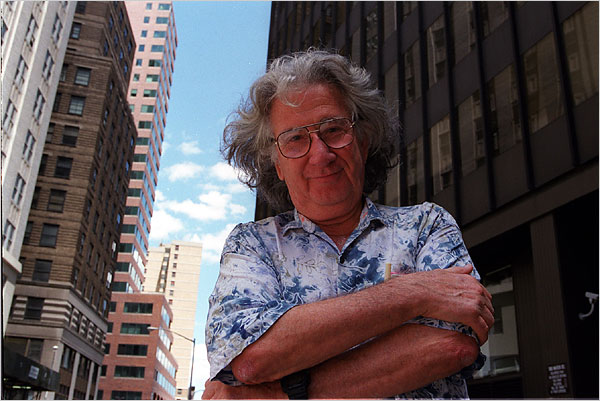“..... its most archaic sense, theatre is the capacity possessed by human beings – and not by animals – to observe themselves in action. Humans are capable of seeing themselves in the act of seeing, of thinking their emotions, of being moved by their thoughts. They can see themselves here and imagine themselves there; they can see themselves today and imagine themselves tomorrow. This is why humans are able to identify (themselves and others) and not merely to recognise.”
“The Theatre of the Oppressed is theatre in this most archaic application of the word. In this usage, all human beings are Actors (they act!) and Spectators (they observe!).”
“Theatre is a form of knowledge; it should and can also be a means of transforming society. Theatre can help us build our future, rather than just waiting for it.”
“When does a session of The Theatre of the Oppressed end? Never – since the objective is not to close a cycle, to generate a catharsis, or to end a development. On the contrary, its objective is to encourage autonomous activity, to set a process in motion, to stimulate transformative creativity, to change spectators into protagonists. And it is precisely for these reasons that the Theatre of the Oppressed should be the initiator of changes the culmination of which is not the aesthetic phenomenon but real life.”Page 245
“In truth the Theatre of the Oppressed has no end, because everything which happens in it must extend into life….The Theatre of the Oppressed is located precisely on the frontier between fiction and reality – and this border must be crossed. If the show starts in fiction, its objective is to become integrated into reality, into life.Now in 1992, when so many certainties have become so many doubts, when so many dreams have withered on exposure to sunlight, and so many hopes have become as many deceptions – now that we are living through times and situations of great perplexity, full of doubts and uncertainties, now more than ever I believe it is time for a theatre which, at its best, will ask the right questions at the right times. Let us be democratic and ask our audiences to tell us their desires, and let us show them alternatives. Let us hope that one day – please, not too far in the future – we’ll be able to convince or force our governments, our leaders, to do the same; to ask their audiences – us – what they should do, so as to make this world a place to live and be happy in – yes, it is possible – rather than just a vast market in which we sell our goods and our souls. Let’s hope. Let’s work for it!”Pages 246-247
Tuesday, December 8, 2009
Subscribe to:
Post Comments (Atom)

No comments:
Post a Comment